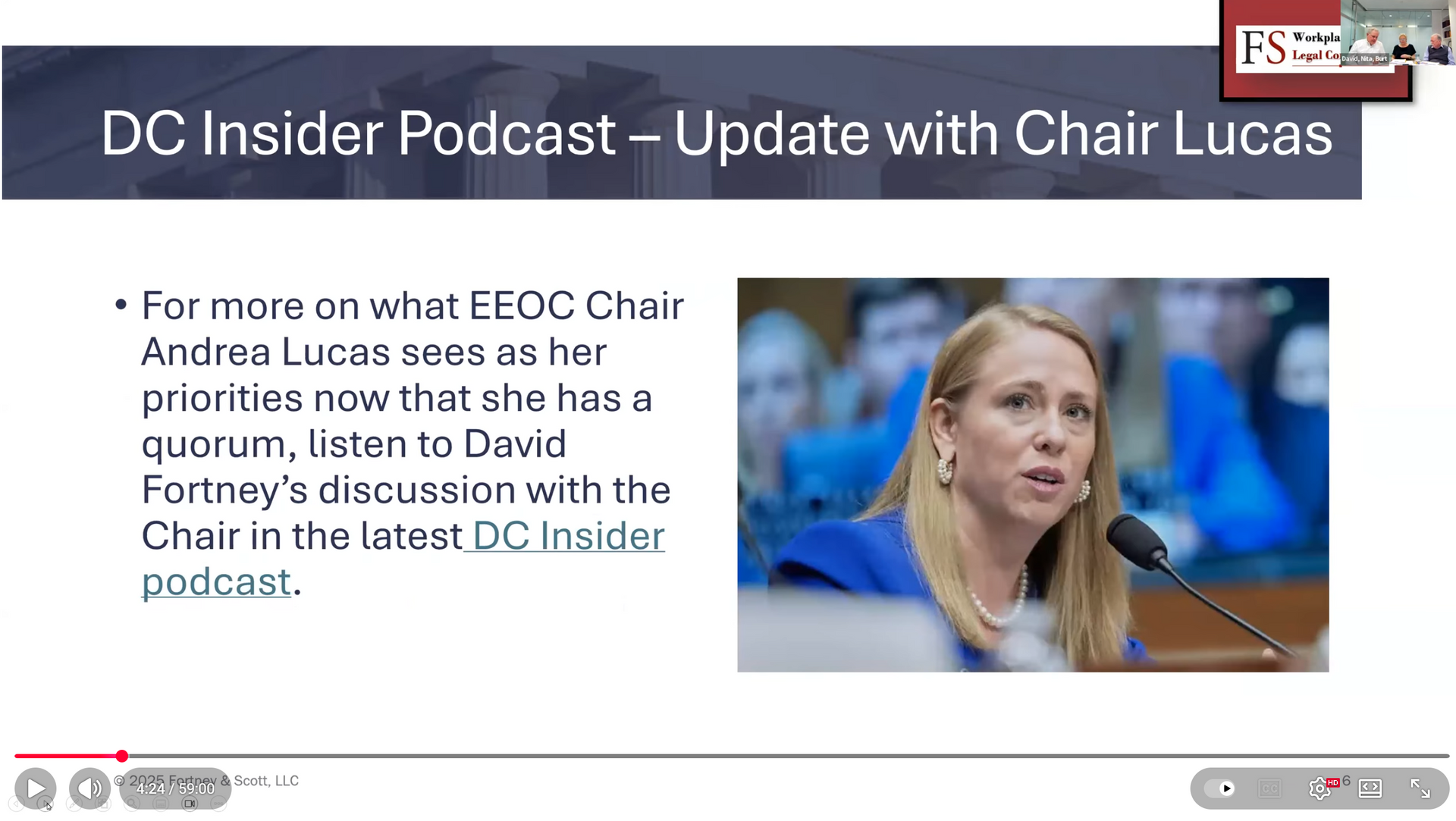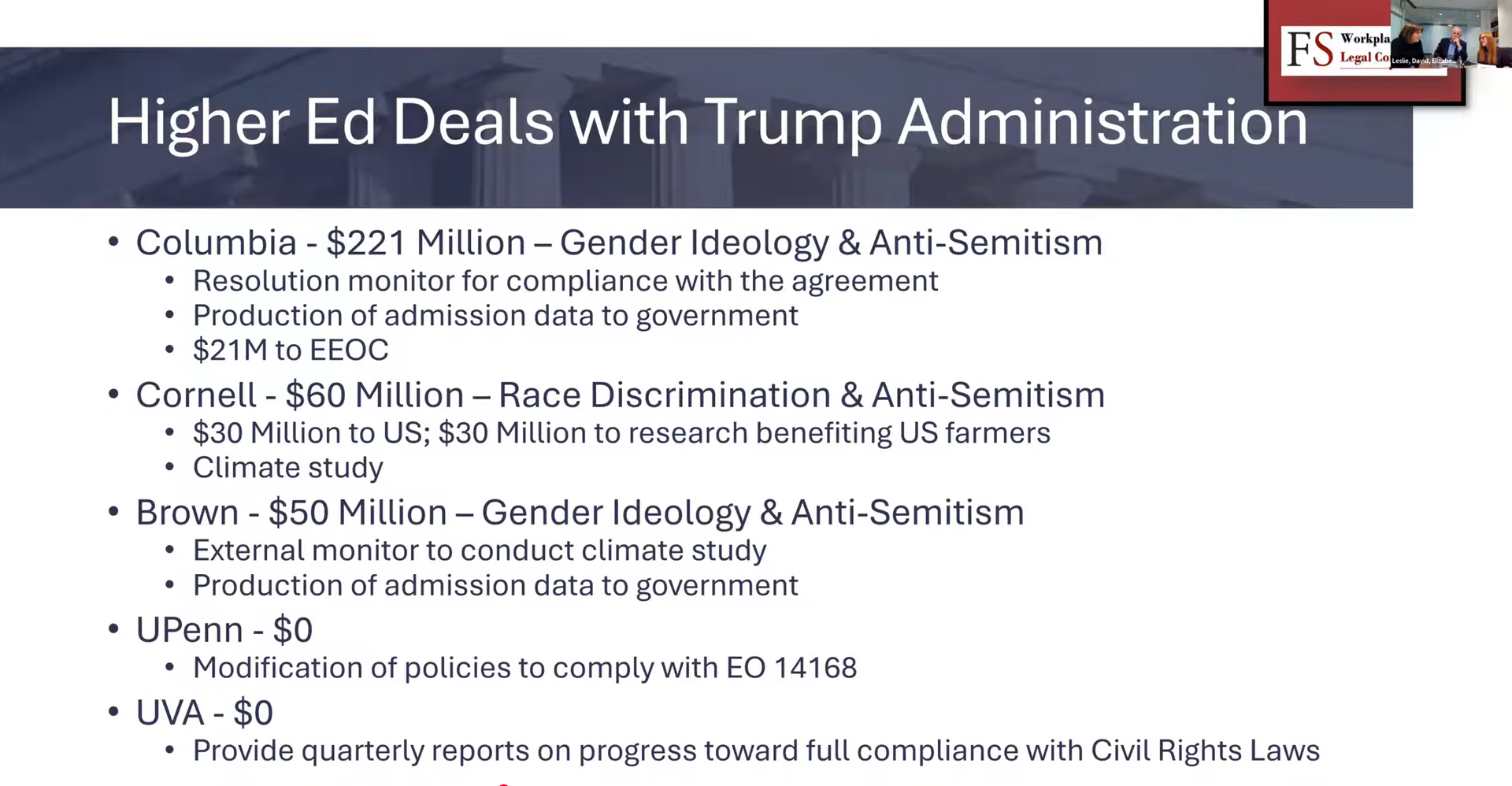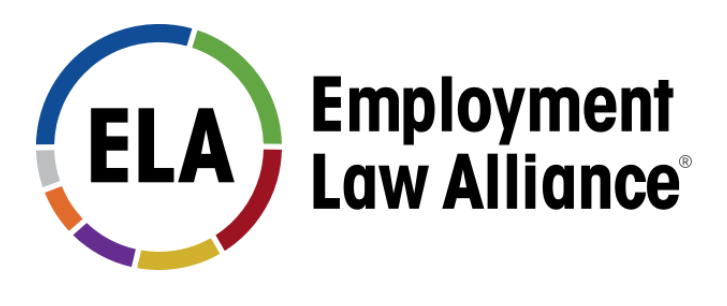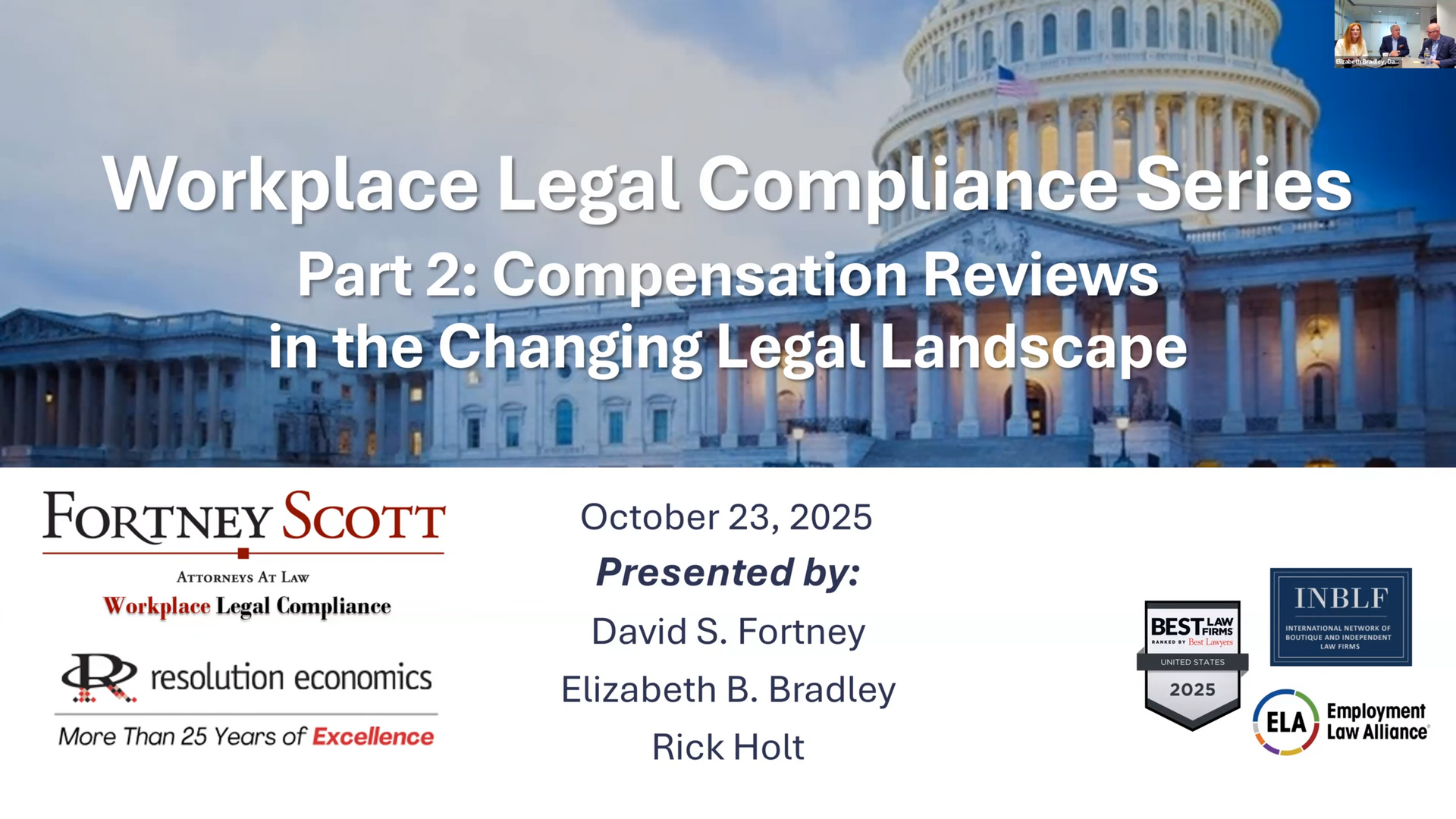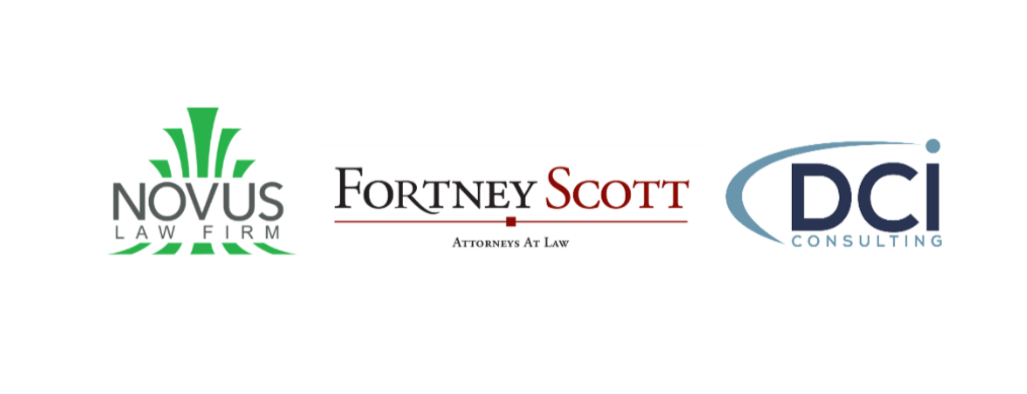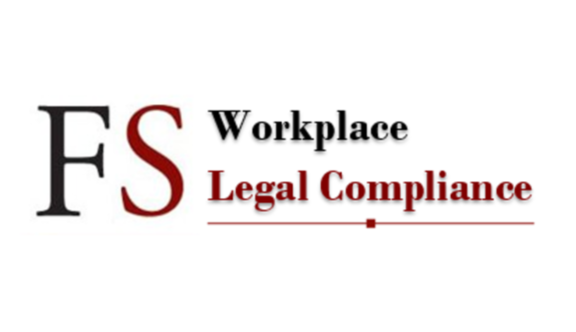EEOC Issues Artificial Intelligence Guidance
Overview: The Equal Employment Opportunity Commission (EEOC) issued guidance for employers using Artificial Intelligence (AI) in hiring. The new technical assistance document, issued May 18, 2023 and entitled Assessing Adverse Impact in Software, Algorithms, and Artificial Intelligence Used in Employment Selection Procedures Under Title VII of the Civil Rights Act of 1964, does not break new ground. Importantly, however, the guidance cautions that in the EEOC’s opinion an AI tool can cause unlawful adverse impact under Title VII even if an assessment of potential impact meets the “4/5ths rule” under the Uniform Guidelines on Employee Selection Procedures (“UGESP”).
The EEOC’s new guidance should be taken into account by employers in evaluating whether AI tools and software cause unlawful disparate impact in employment decisions.
Key Features of the Guidance
EEOC’s press release explains that the guidance “answers questions employers and tech developers may have about how Title VII applies to use of automated systems in employment decisions and assists employers in evaluating whether such systems may have an adverse or disparate impact on a basis prohibited by Title VII.” The document builds on the previous EEOC technical assistance document on AI and the Americans with Disabilities Act.
The guidance makes clear that AI tools can be considered a selection procedure under UGESP “when they are used to make or inform decisions about whether to hire, promote, terminate, or take similar actions toward applicants and current employees” and reinforces that employers can be held liable under Title VII for use of discriminatory AI tools, even if the tools are designed or administered by a vendor.
EEOC Chair Charlotte Burrows has publicly expressed concern on a number of occasions that AI vendors are promising employers that their tools are free of adverse impact because they satisfy the 4/5ths rule. The guidance explains that the 4/5ths rule “is merely a rule of thumb” under UGESP and that use of the rule might not be a reasonable substitute for a test of statistical significance. The guidance directs employers to ask potential vendors if they used the 4/5ths rule or statistical significance in evaluating whether the tool causes adverse impact.
Employer Takeaways
The EEOC’s guidance underscores that the best practice for the assessments of AI tools is to determine whether the AI tools have statistically significant impact and, if necessary, can be validated in accordance with the UGESP standards. Additionally, it is advisable for employers to conduct validation assessments under the attorney privileges.
FortneyScott will continue to follow and update clients on the evolving legal landscape for the use of AI in employment. Feel free to reach out to any of the
FortneyScott attorneys with questions.


